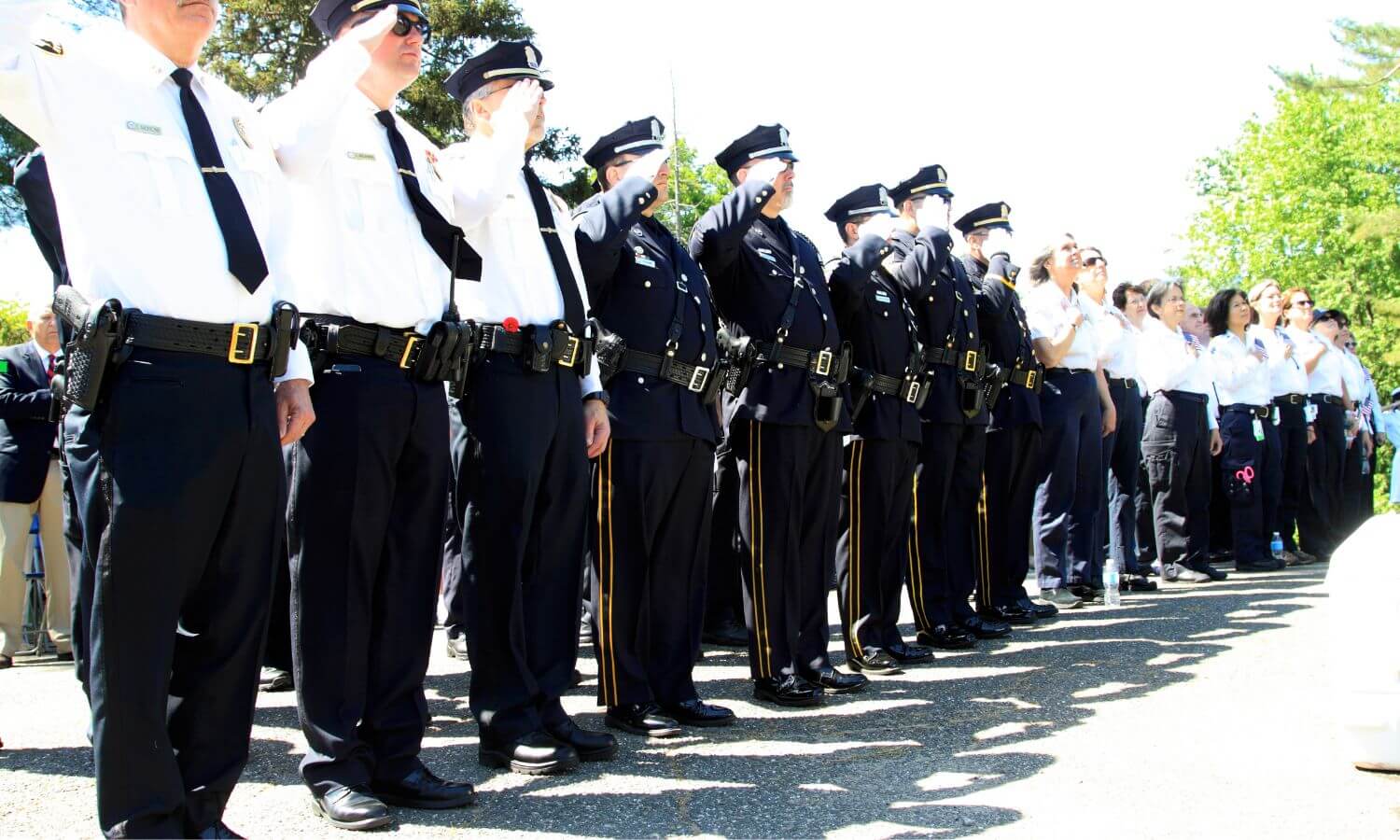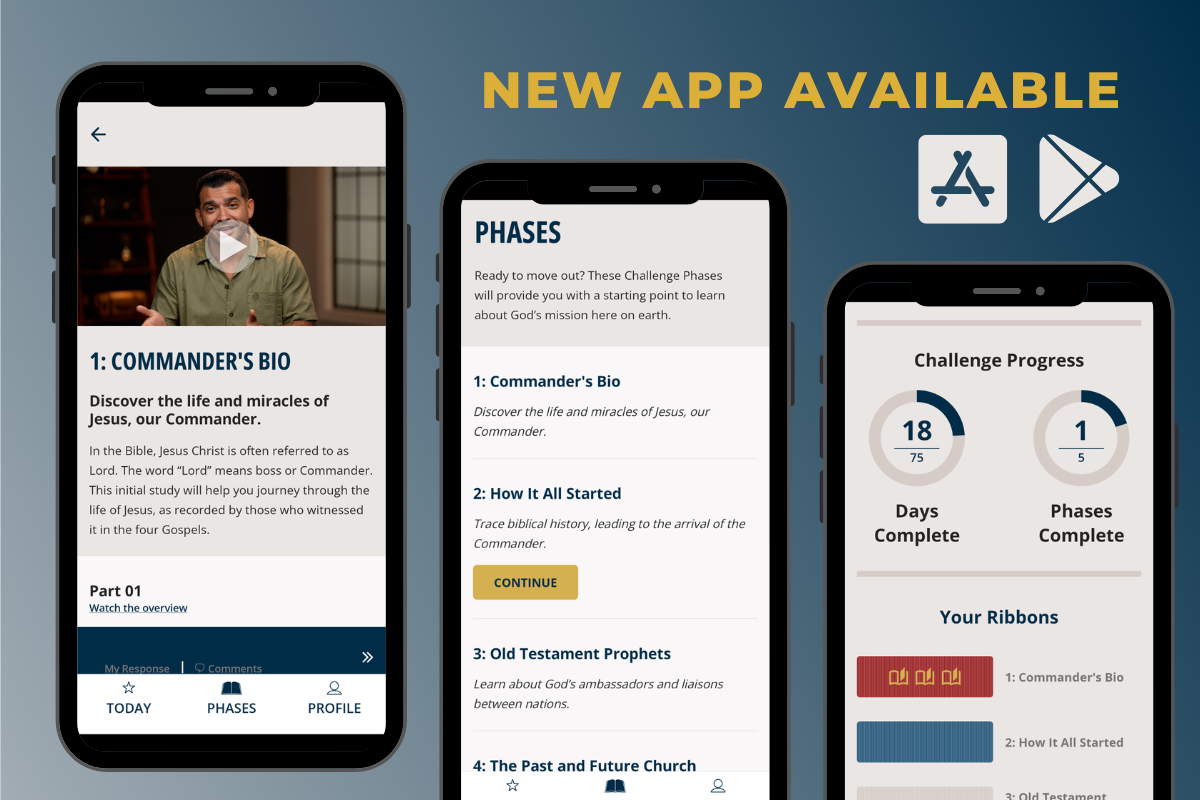More than ever, we are living in a world of turmoil and disruption. In one place or another, there is always war. There is societal unrest. Mass shootings are being reported almost as frequently as weather forecasts. These events affect our personal and work lives. They affect our schools. And, they affect our churches and communities.
Chaplains, pastors, priests, ministers, etc. carry the heavy responsibility of supporting the spiritual, mental, and emotional needs of their congregations on a normal basis. But, how do they respond on a Sunday morning to public tragedy?
What does a pastor say at the pulpit days after another local church lost lives to a mass shooting? Or a global pandemic has been declared…?
Believe it or not, many spiritual leaders do not receive formal training in these specific areas before they head to the pulpit. Typically, they are thrown into the deep end—catastrophe strikes, Sunday morning is upon them and they’re thinking, “Okay, now what am I supposed to say!?”
Enter Rev. Dr. David Reese.
Rev. Reese served in the U.S. Army as a Chaplain. After 30 years in the Service, he retired from the Army—but not from God’s calling. He did his doctoral research on preaching after public tragedy and is currently a lecturer in practical theology at Evangelical Seminary as well as a contributor to the Warfighter’s Study Bible.
Our very own Rev. Dr. Paul McCullough had the pleasure of interviewing Rev. Reese, learning of the exciting work he has been doing for the past several years and how serving and equipping spiritual leaders is his passion. This article is a collection of insights we were privileged to have Rev. Reese share with us here at ASM.
Listen to the full interview on Spotify or by using the player below.
The Backstory: From Chaplaincy to Doctorate Dissertation
How did he get started in the Chaplain ministry? Rev. Reese shares:
“There were three things I wanted to be in life. One was an astronaut. That was the longest and the most exciting thing. So I tried to go down that path…the idea of the Armed Forces has always been a part of my background…so I decided I was gonna be an Army doctor, and that lasted right up until… I took physics in the second year of college. I felt a call to the Army Chaplaincy specifically, and changed my major and finished up college, went to seminary and… into the Army in 1982.”
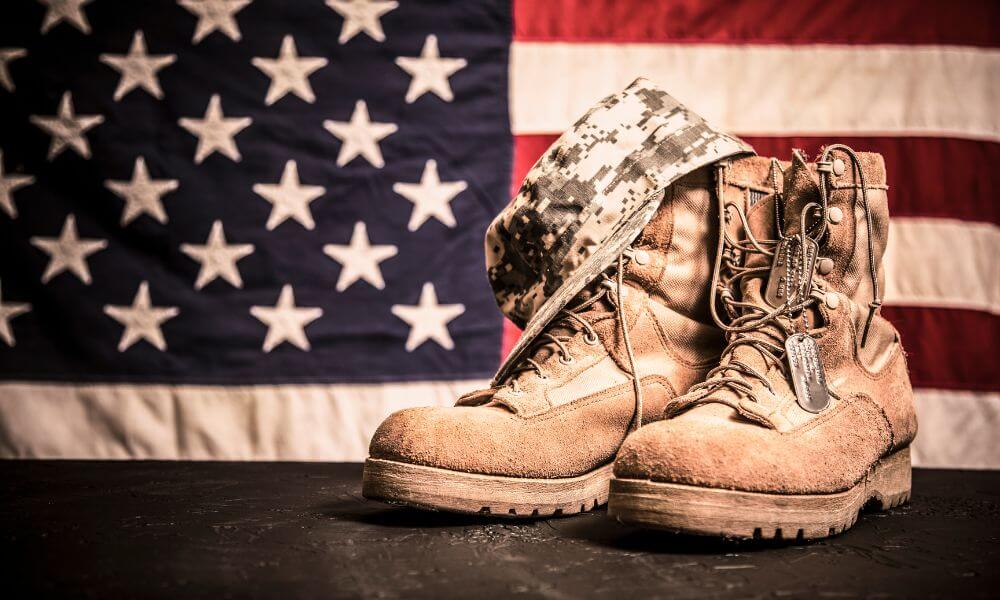
Often, we are unsure of our path in life until life happens to us. It was Rev. Reese’s experiences over the course of his career that led him to his current calling: preaching after public tragedy.
“In 1984, I was stationed with the 82nd Airborne Division at Fort Bragg and we had a Black Hawk helicopter go down. We lost 11 soldiers at that time—a whole infantry squad. And so before the word got out and news agencies began to kind of poke their noses into things. The Division Chaplain mobilized a number of us Chaplains, because it was too much for just the one Unit Chaplain to handle, right, to go and make notifications and provide support and pastoral care for the families. We were given a minimum amount of information and we went to the families that were local in the favorable area so we could make actual next-of-kin notifications. So that was kind of the first thing. …1984 was the first time I saw a Memorial service with multiple boots and helmets at the front of the chapel. And [through] the whole process of that I realized… Doing one funeral is one thing, but doing a funeral for five or six people at a time—that’s a different kind of thing.”
Rev. Reese experienced other situations where he and other Chaplains were needed for extreme, critical pastoral care—and the resources and know-how fell short—thus, reaffirming his realization of the shortcomings in this area.
“9/11 of course was a pretty significant thing, with the mass number of folks that we lost on that one day. [The following] Sunday, I was not scheduled to preach, but one of my associates was in the chapel and I remember very clearly thinking, ‘What is he gonna be able to say—how is he gonna be able to address this to these folks?’”
The Problem Statement
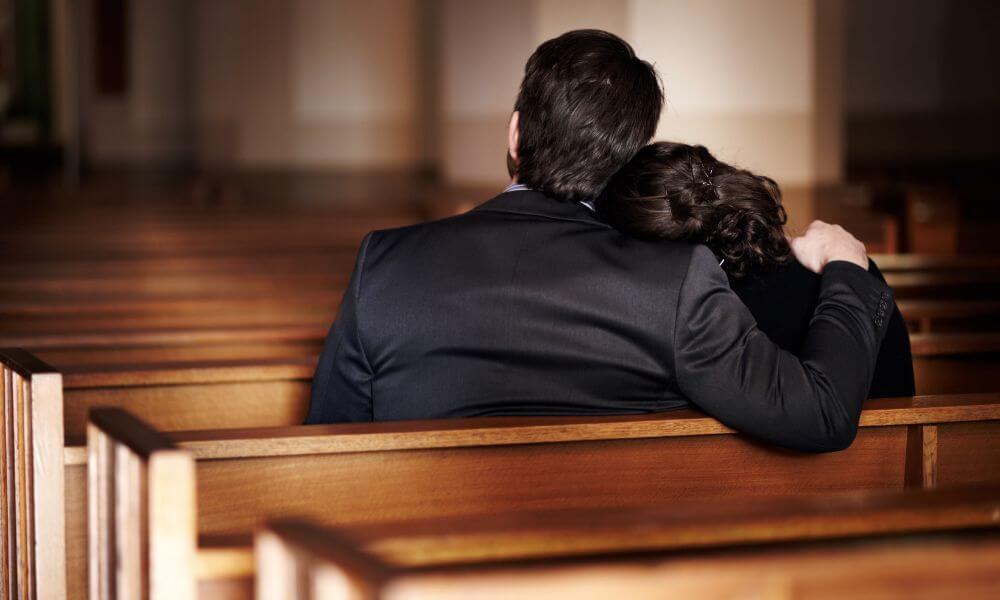
When asked to identify the problem statement that he was trying to solve as part of the research, Rev. Reese explained:
“How do you step into the pulpit and preach the Word of God in the aftermath of something like this?… So what were [preachers] gonna do? Were they gonna prepare what they preached? Were they gonna include prayers for the families and their community in the pastoral prayer? Were they gonna dump everything that they had prepared and count on the spirit of God to lead them into something that could provide healing and comfort and strength? So that’s what I wanted to look into.”
When researching for his dissertation, Rev. Reese validated his need to study this further, because there were previously gaps in the research. “There were a number of things that were addressed from the pastoral care side, but very few things were addressed from the homiletic or the preaching side.”
A Need For More Training
Rev. Reese shared with us that his formal teaching really didn’t touch on how to preach after a public tragedy and what to say the Sunday after such a tragedy.
“When, especially when we talk combat, we have to be prepared. …If seminary is not gonna prepare us, then we kinda get it as on-the-job training and, I’m sorry but that’s not something you should be getting O.J.T for to be prepared. No. When you step into the pulpit on Sunday, after a public tragedy, or after a mass casual event, it is not the time to try to figure out your theology of death. That’s right. It’s not right for your people and it’s not honoring to God. That is something that you have to do as advanced work. …You have to do that beforehand.”
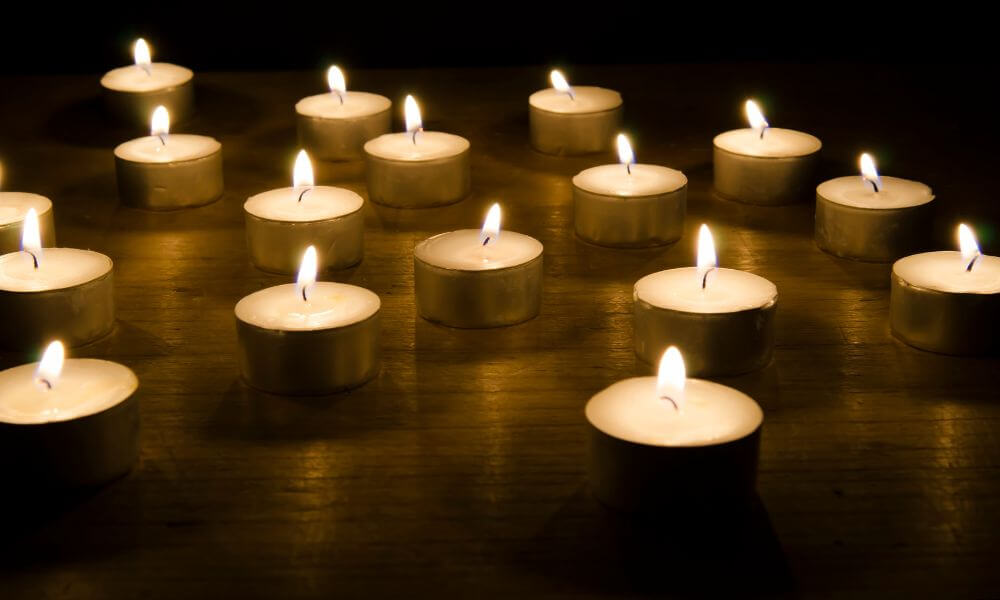
Rev. Reese explained how the framework of his study should remain flexible and movable—but also stable. The issues that these preachers are facing are not “normal” circumstances and they have to be flexible to deal with public tragedy when it occurs.
“Because when they [the congregation] come in the back door of the chapel, they haven’t forgotten about the news report that they saw just 30 minutes before. Right? They haven’t forgotten about the pain of their community. A tornado came through, soldiers have not forgotten about the I.E.D that took out three of their buddies. When they come to chapel that Sunday, they’re not able to [comprehend] a lot of times what we would ordinarily preach. So we have to change that up. We have to be able to get through that fog of pain, loss, grief, and hurt to provide some things for them specifically.”
Rev. Reese touched on the importance of scripture—how before anything else he starts with scripture and what scripture has to say on the matter. He also clings to hope. Hope is the counterbalance that brings everything together and stabilizes the challenges.
“There’s a reason that we have hope—and that is the resurrection of Jesus Christ. Our theology must incorporate that. Otherwise, we’re just playing at psychology. And that’s not what preaching is. Preaching is not psychology, even if it has, you know, elements of psychology associated with it.”
Final Thoughts for Spiritual Leaders

What advice would Rev. Reese give to people reaching out to the Military community today—what would he say to these people so they can be better prepared for dealing with a public tragedy? He shared that this framework actually works for both the Military and the civilian realms.
“So the first thing I wanna say is that all of this stuff is transferable in terms of civilian ministry and Military ministry, you know, disasters and public tragedies and mass casualties are not in respect of whether you do or do not wear a uniform, right? So, the first thing I’d say is, simply take a look at the literature. All you have to do is search on preaching after tragedy or the kind of term now that captures it is trauma-informed preaching. And that addresses not only mass casualty or public tragedies but also addresses domestic trauma, sexual abuse, assault, these kinds of things, also racial trauma. The other is just to grab some coffee and talk to a senior Chaplain who’s been to combat. Talk to a minister who’s been in the ministry, you know, for 20 or 30 years with experience. Get them to tell their stories— it’ll be healing for them and it’ll be informative for you.”
Lastly, Rev. McCullough asked if he would change anything about his framework after a few years had gone by. Rev. Reese says he felt the framework was solid but he would add one thing. “If I were to add a sentence underneath it, I would probably simply say, ‘Be present.’ With all that, you have to be present. Yes, the skills, and the tech, you can work on those. But the most important thing is for you to be present in the pulpit with your people and in their lives, and in the rest of the world.”
Our many thanks go to Rev. Dr. David Reese for sharing his story, mission, and message with us. To hear more of his insights, listen to the full interview here.
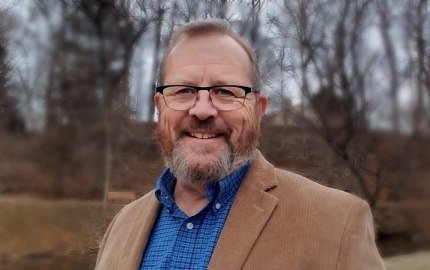
Rev. Dr. David Reese

